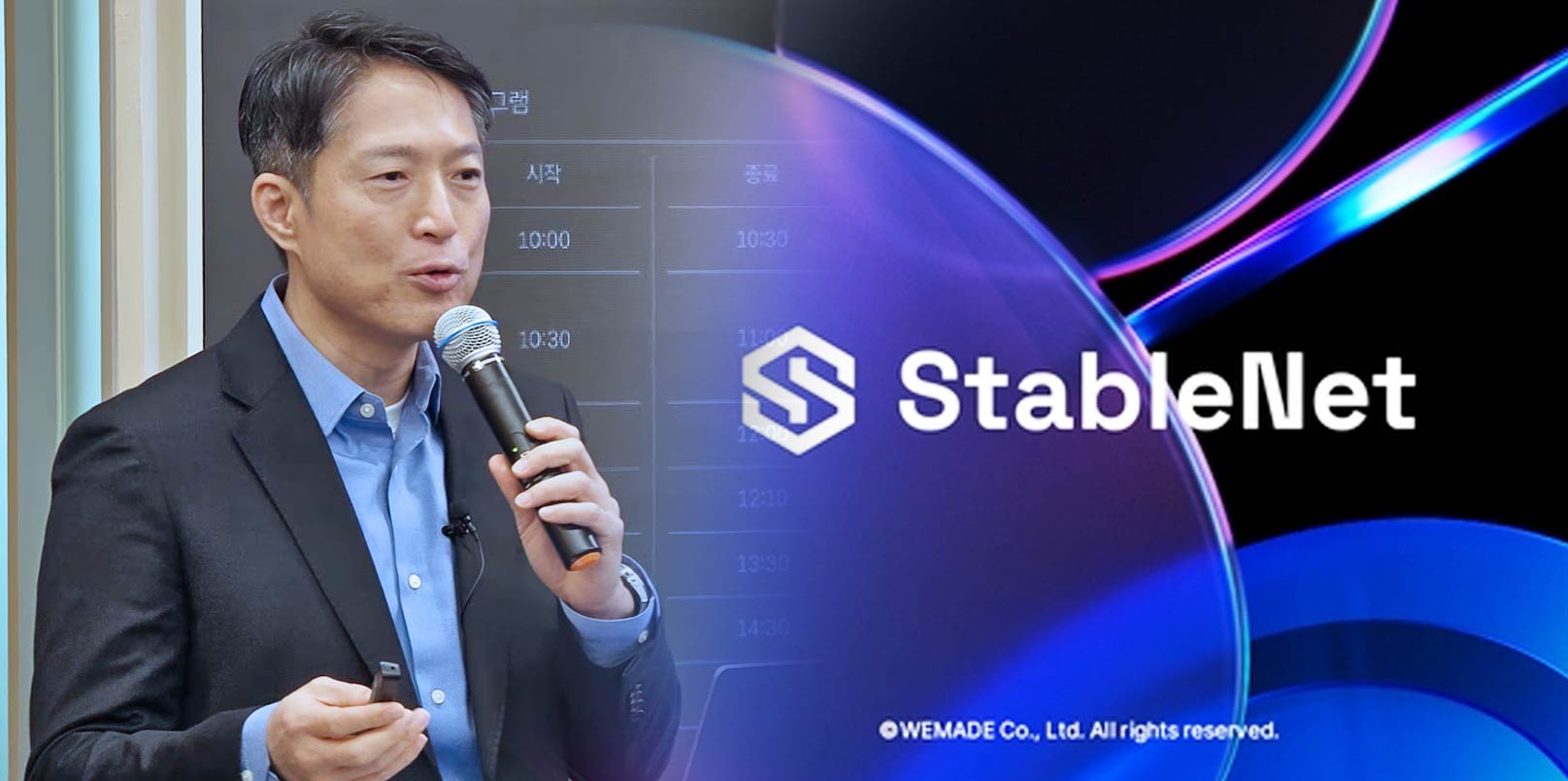During the blockchain boom of 2017-2018, the Korean government was heavily against blockchain technology, seeing it as an unregulated gambling outlet. The government had cracked down on significant trading accounts on the Korean cryptocurrency exchanges causing the boom to die down. But come 2019, the Korean government had a softer stance on the technology owing to its potential in growing service platforms to help Korean citizens. Blockchain projects such as ICON and Ground X began to cooperate with the Korean government to develop blockchain projects for the public sector. The unanimous passing of the comprehensive cryptocurrency law in 2020 allowed some form of regulation in the cryptocurrency industry leading to wide adoption by private and public organizations.
With support to Blockchain technology, many Korean entrepreneurs and innovators are investing in developing blockchain-based diversified platforms. Korean startups in blockchain technology are emerging successful.
The South Korean government has also announced its intention to invest over $48 billion in new technologies like 5G, AI, including blockchain, by 2025, to encourage employment generation and revenue increase.
“The fourth industrial revolution and digital civilization are the future of humanity that has already begun. The national development strategy to advance in the trend is the Korean version of the new deal. It is possible to jump from the older economy to the leading economy,” said President Moon Jae-in, the Republic of Korea.
Koreatechdesk.com has compiled a list of government agencies supporting blockchain technology and blockchain firms in Korea
Ministry of Science and Technology (MSIT)
The Ministry of Science and Technology is the largest supporter of blockchain startups and other Korean startups dealing with big data, AI, VR, and biotech. MSIT is the official government agency tasked with evaluating, implementing, and overseeing ICT and science policies. Currently, the Ministry is championing the 4th industrial revolution by supporting innovative research and development in the ICT sector. In 2018, the Ministry announced it would support blockchain startups in Korea and induct them to the Korea Institute of Startup and Entrepreneurship Development (KISED), which would help them get investments and speed up their growth. Further, KISED would help promising blockchain startups develop prototypes, get patents for their technologies, and pioneer their products worldwide.
During the announcement, Min Won-ki, the 2nd Vice Minister of ICT, noted, “Because there is no significant blockchain technology gap between South Korea and the other countries, it is a good opportunity for South Korea to lead the industry. The government will actively back domestic companies to help them lead the global Blockchain market.” In 2019, MSIT invested $9 million per its blockchain development strategy to fund six blockchain pilots, including FLETA. The Ministry has spent $85 million in promoting blockchain and other startups in Korea since 2018. It has devoted a further $380 million to blockchain R&D for over six years (2021-2026). The investment will look to innovate public services using blockchain and AI technology
National IT Industry Promotion Agency (NIPA)
NIPA is another government agency keen on growing the South Korean blockchain and IT markets. The agency promotes Korea’s ICT industry in global events and companies, attracting huge investments and partnerships for Korean startups. NIPA’s primary focus is to promote new technology such as blockchain, machine learning, AI, IoT, big data, and smart cities. NIPA and MSIT are in charge of the Blockchain Technology Verification (PoC) Support Project, which provides blockchain startups with financial and technical support for testing use cases. The project seeks to solve blockchains’ technical issues early and support startups in reaching new technology commercial production. Last year’s PoC initiative saw nine companies win between $362000 and $ 3.1 million, with NIPA working with the companies in setting up prototype blockchain service models. Also, they have a $5 million fund for Blockchain enterprises and startups. MSIT and NIPA are the main partners of the K-startup Grand Challenge and COMEUP events.
The Korea Internet Security Agency (KISA)
KISA is responsible for Internet security and promotion in Korea to improve Korea’s internet industry’s global competitiveness. KISA is set to solve future internet issues during its early stages and set up a virtuous cycle of the Internet industrial ecosystem and lay the foundation for safe information security. It sees the blockchain sector as integral in increasing Korea’s global competitiveness and initiated a $9 million fund in 2020 to support startups in the blockchain sector. The fund sought to support eight blockchain startups with $1.2 million. On 11 January this year, KISA, alongside NIPA, IITP, and MSIT, held an integrated online briefing session online to gather ideas on their blockchain pilot project, blockchain diffusion businesses, and blockchain specialized company development project.
Defense Acquisition Program Administration (DAPA)
DAPA is the Korean government’s arms procurement department charged with initiating defense contracts and arms procurement. In July 2020, the department agreed with the Defense Technology Quality Agency, National Defense Science Institute, and Korea Defense Industry Promotion Association to build the distributed ledger technology (DLT) solution. The same month, DAPA announced working with multiple blockchain companies to create an interoperable blockchain platform to make bidding on defense contracts fair and transparent. The department plans to use blockchain technology to track the entire bidding process, from receiving proposals on contracts to evaluating bids. The system is set to significantly reduce the risk of fraud and increase efficiency by using one system between all defense departments. Abydos and IBCT are among the firms charged with developing the platform to increase the number of blockchain firms in 2021.
Korea Financial Telecommunications and Clearings Institute (KFTC)
KFTC is a non-profit payments institution that oversees payment settlements. The agency announced its blockchain-based digital IDs for financial services, which aim to streamline consumer processes such as renewing loans and opening bank accounts. The IDs are designed to be interoperable between service providers and have more than 30 firms signed up. With the new decentralized identities, users can link with their bank on a smartphone and send required documents remotely, completing a loan application or bank opening in just a matter of seconds. Further, once the user gets their DID, they can use a biometrics app to verify their identity on the go. The initiative seeks to engage established companies and startups such as ICONLOOP, SK Telecom, LG U+, and KT.
Read more on blockchain,






